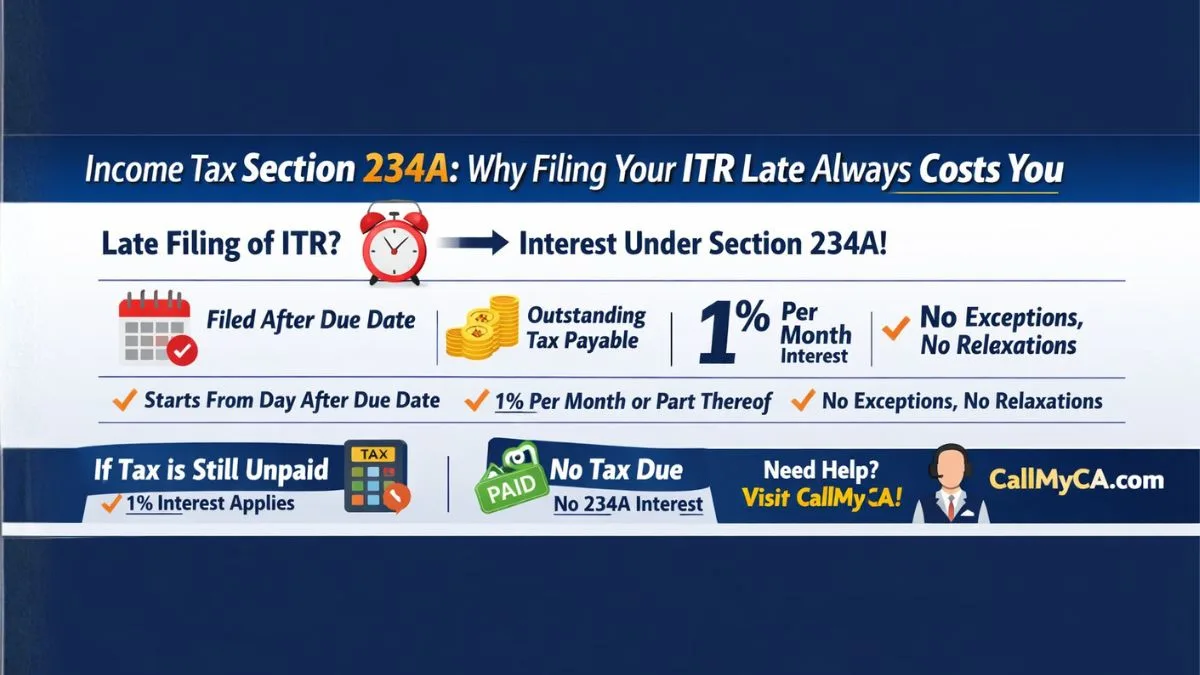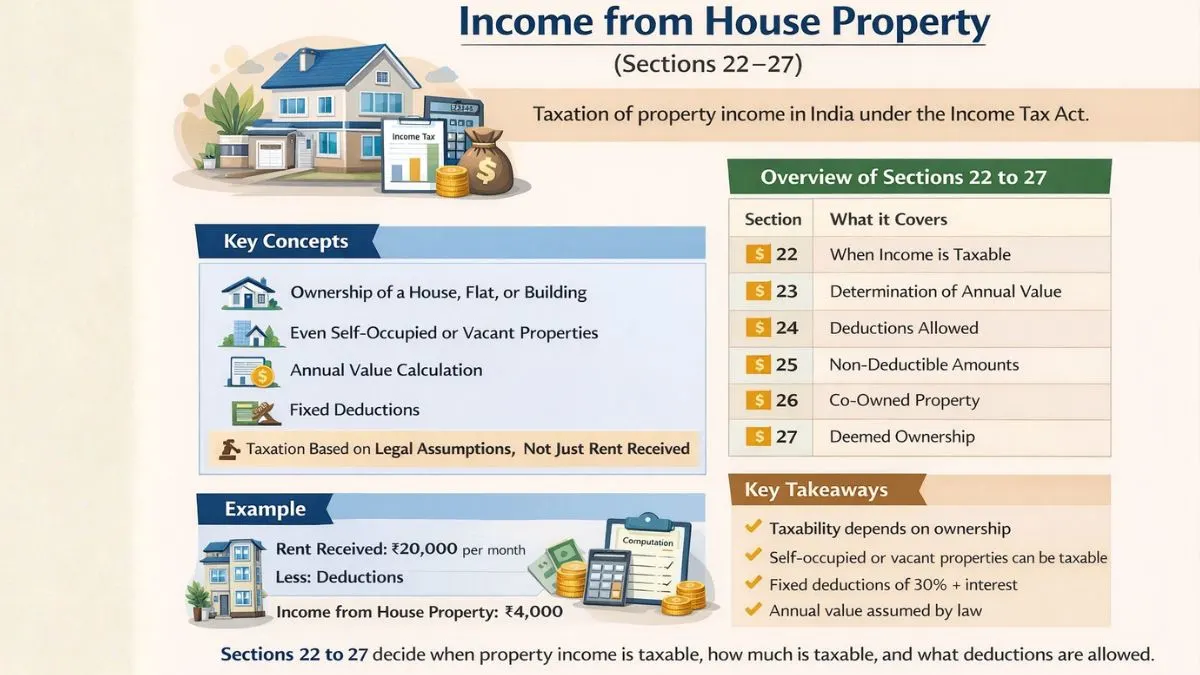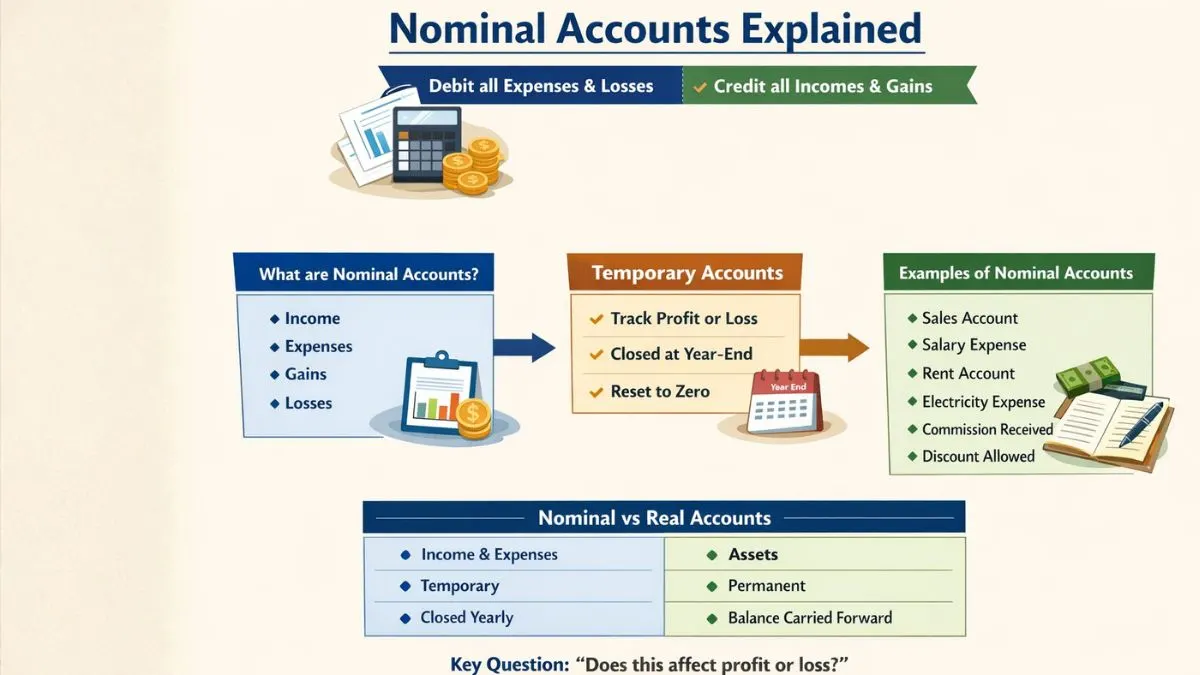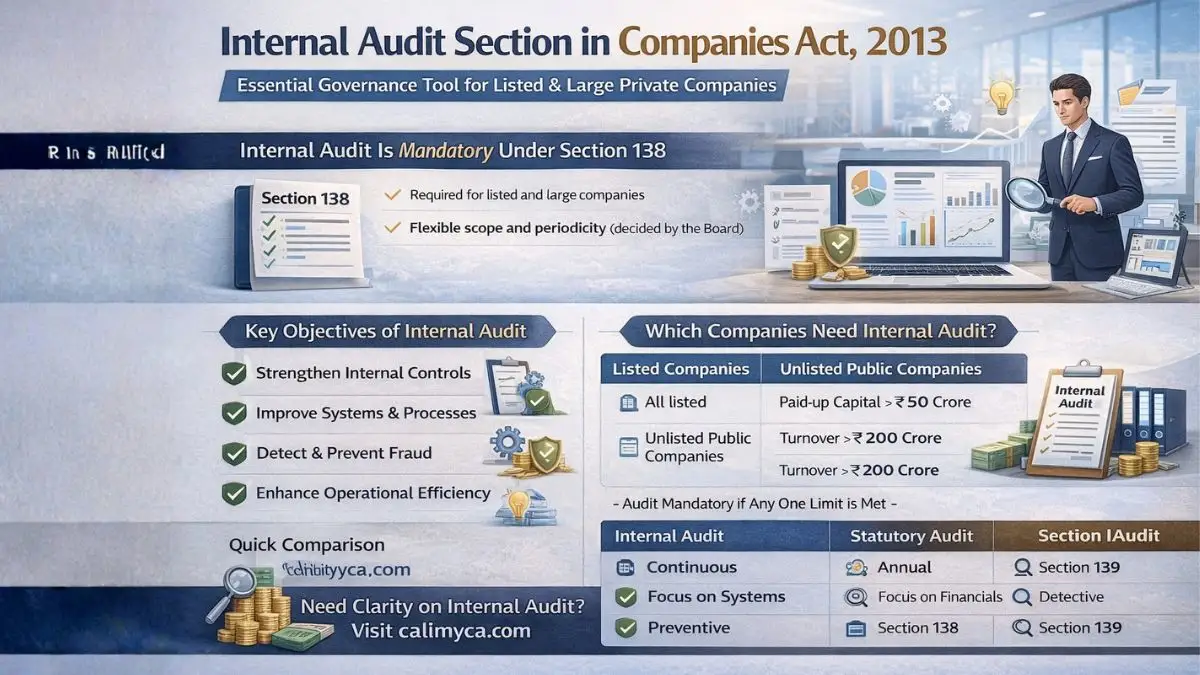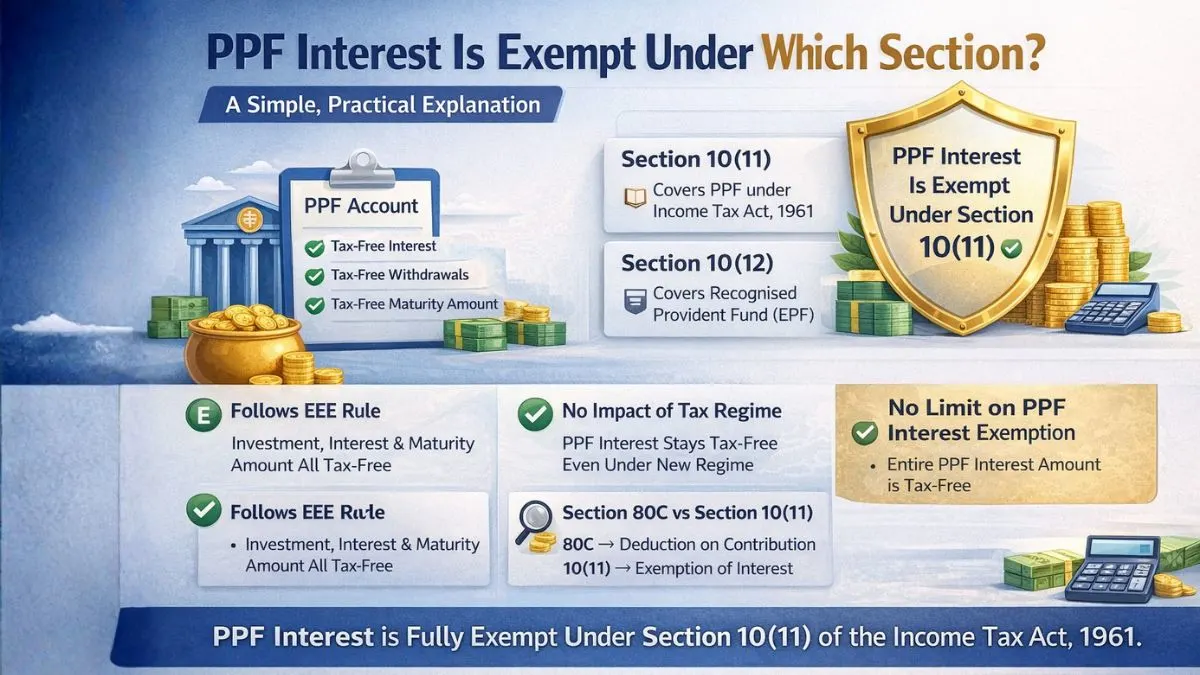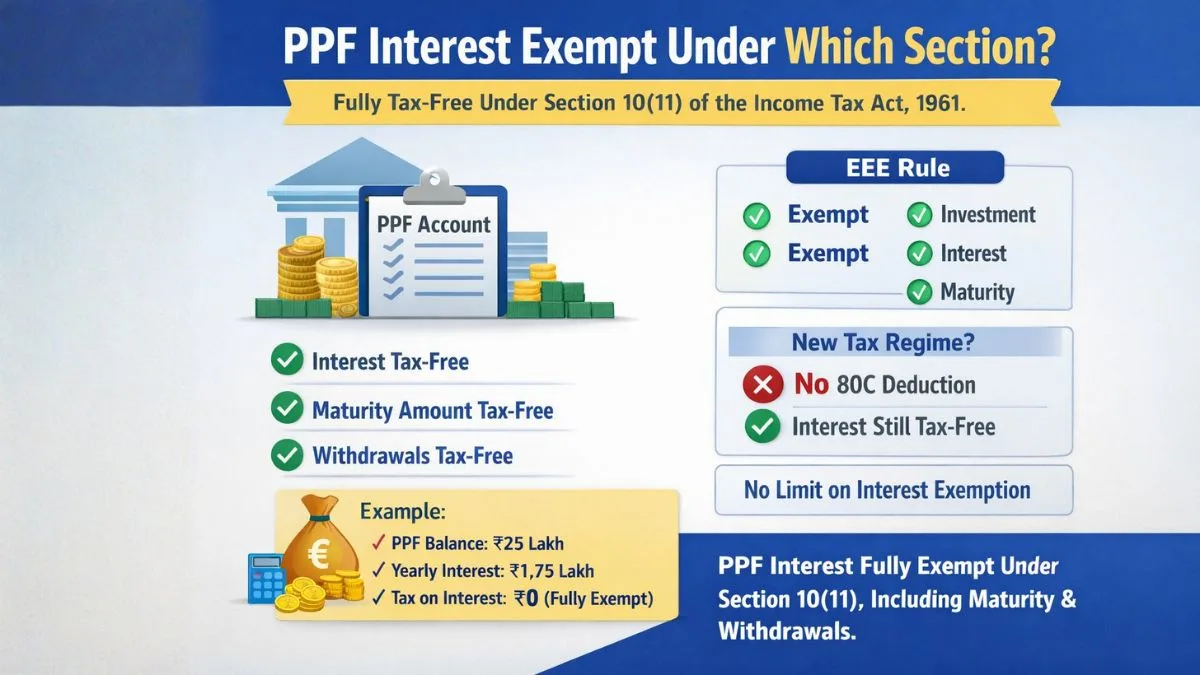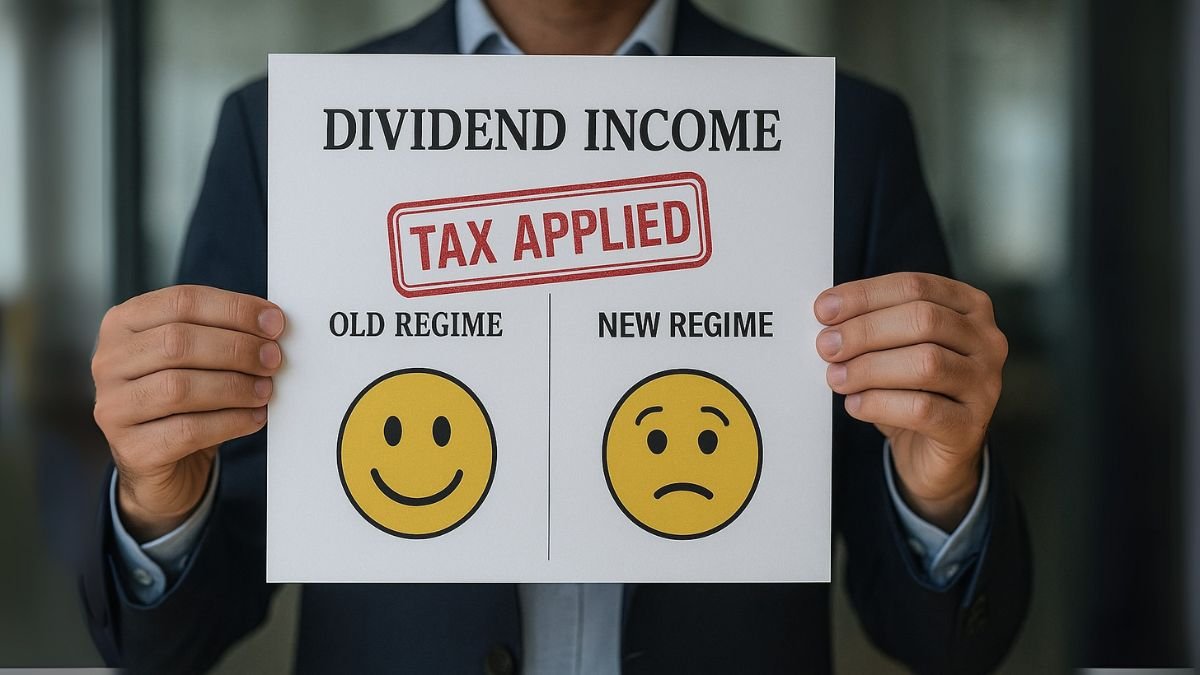
In India, Section 10(34) of the Income Tax Act plays a crucial role in determining the taxability of dividends received from Indian companies. If you are an investor or a shareholder, understanding this section is essential to ensure that you don't end up paying unnecessary taxes or missing out on legitimate exemptions. This article explains everything you need to know about section 10(34) of the Income Tax Act in a simple, easy-to-understand manner.
What is Section 10(34) of the Income Tax Act?
Section 10(34) of the Income Tax Act of 1961 specifically deals with the exemption of income in the form of dividends. It provides that dividends received from Indian companies are exempt from tax in the hands of the shareholders. This was introduced to avoid the double taxation of the same income—once in the hands of the company & then again in the hands of the shareholder.
Exemption Under Section 10(34)
The exemption under section 10(34) of the Income Tax Act applies only if the dividend is paid by an Indian domestic company & the company has already paid Dividend Distribution Tax (DDT) under Section 115-O. Thus, for such dividends, any income earned by a shareholder from a specified investment is exempt from tax.
However, from April 1, 2020 (AY 2021-22), the Dividend Distribution Tax (DDT) has been abolished. This means that from the Financial Year 2020-21 onwards, the responsibility of paying tax on dividends has shifted from the company to the individual shareholder."
Are Dividends Still Exempt?
As per the current scenario, all dividends are taxable based on your income tax slab rate. This is a major shift from the previous regime where the company bore the tax burden. Thus, while section 10(34) of the Income Tax Act previously provided an exemption from dividends you get from investing in Indian companies, it is now essential for shareholders to declare their dividend income & pay tax accordingly.
When Does Section 10(34) Apply?
Section 10(34) of the Income Tax Act 1961 continues to apply in cases where the dividend is from periods when DDT was applicable or when exemptions under specific investment schemes are notified by the government. Therefore, any income earned by a shareholder from a specified investment is exempt from tax only if the conditions under Section 10(34) are met.
Key Points You Should Remember:
- Dividends received from Indian companies are exempt from tax only if the company has already paid DDT, which was applicable up to March 31, 2020.
- Post-April 1, 2020, all dividends are taxable based on your income tax slab rate.
- Exemption from dividends you get from investing in Indian companies was one of the benefits offered by Section 10(34) in the earlier tax structure.
- You must declare all dividends in your Income Tax Return (ITR) to avoid scrutiny.
- From AY 2021-22 onwards, dividend income exceeding ₹5,000 triggers Tax Deducted at Source (TDS) under Section 194."
Practical Example:
Imagine you invested in the shares of an Indian listed company & received ₹8,000 as dividends in the financial year 2023-24. As per the current rules, this ₹8,000 is no longer covered under the exemption under section 10(34) of the Income Tax Act & will be added to your total income. You will be liable to pay tax on this income as per your applicable tax slab. If your dividend income exceeds ₹5,000, TDS will also be applicable.
Historical Relevance of Section 10(34)
Section 10(34) of the Income Tax Act 1961 bare act was introduced to ensure that shareholders were not taxed on income that the company had already been taxed for. This move was widely welcomed as it encouraged investments in Indian companies. However, due to revenue considerations & the desire for parity between resident & non-resident taxpayers, the Finance Act 2020 shifted the tax burden back to shareholders.
Latest Updates and AY-wise Applicability:
- For AY 2020-21 & earlier: Dividends were tax-free under Section 10(34).
- For AY 2021-22 onwards: Dividends are fully taxable in the hands of the investor/shareholder.
Always refer to Section 10(34) of the Income Tax Act PDF or Bare Act for the most updated legal wording & notifications."
Common Questions:
- Is dividend income taxable in India?
- Yes, post-April 1, 2020, dividend income is taxable as per individual slab rates.
- Is there any exemption under section 10(34)?
- Yes, but only for dividends declared when DDT was applicable.
- What is the tax rate for dividends now?
- Based on the individual’s income tax slab.
👉 Need help filing your ITR or understanding dividend tax? Talk to our tax experts at Callmyca.com for hassle-free solutions that save you time & money. Get started today!

